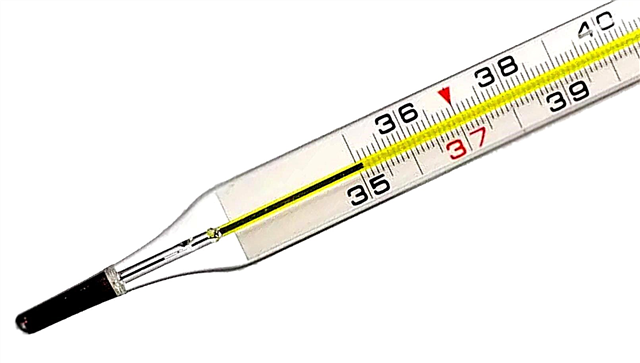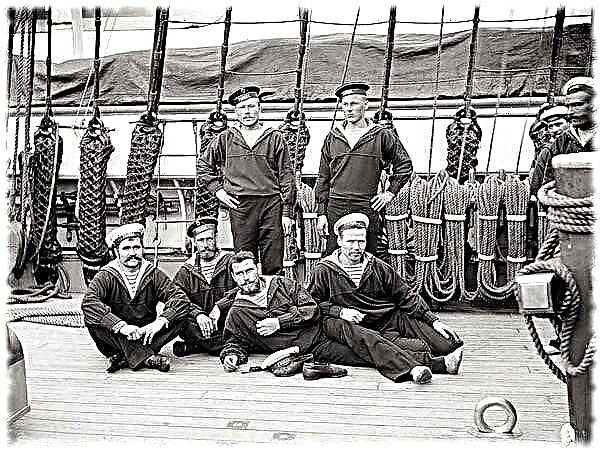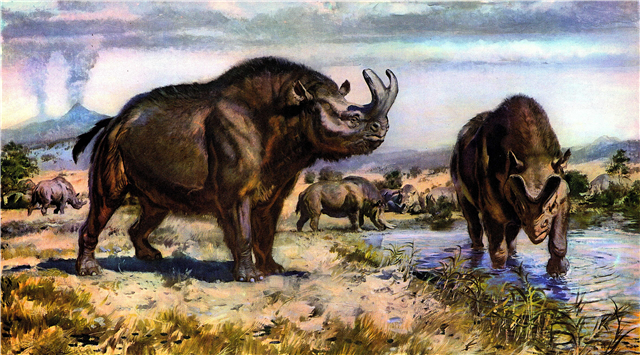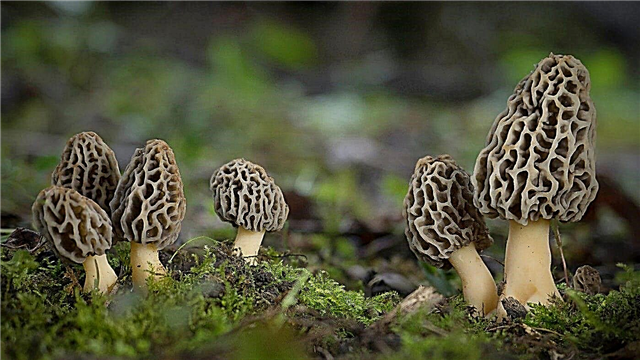
Instant coffee is represented by many brands, you can purchase a disposable package or a full-fledged can of loose product at each grocery store. Despite the fact that there is an opinion about the dangers of coffee powder, people continue to buy it because of convenience, practicality. After all, the drink does not need to be boiled, just pour the granules with boiling water.
How is instant coffee made? Is it a natural product? It will be very interesting to consider such issues.
What is instant coffee made of?

An invigorating drink from granules melting in water is not pure chemistry. The basis of production is natural coffee beans of the Robusta variety, which most plants acquire in green, not roasted. Arabica, familiar to lovers of natural coffee, is rarely used - a variety rich in aroma and useful substances has a low caffeine content, during processing it would evaporate almost completely. Robusta has more caffeine in its natural composition, the variety is optimally suited for the deep processing that coffee beans undergo when creating a soluble product.
Interesting fact: Robusta's extractivity is higher than Arabica, caffeine is 2.2 percent, and Arabica is only 0.6 percent. The indicators are significant, production seeks to use the raw materials that will give the optimal result. In this case, it’s Robusta.
Coffee Bean Processing

Processing plants purchase bulk lots of green grain to independently roast. Pre-cleaning of the product is carried out, it is sorted, sorted. Then they carry out roasting - today apparatuses are increasingly being used that allow it to be carried out without access to air, in special conditions. Open devices also remain applicable where contact with air occurs during the heat treatment.
The degree of roasting can vary, then the grain, which has acquired an appetizing brownish color, is ground. Production mills allow you to get different grinding options, to create a soluble drink requires not the smallest - medium.
Coffee extraction and solids separation

Ground coffee is immersed in extraction batteries, which brew an invigorating drink in industrial volumes. In fact, the extraction process is not much different from conventional boiling, and the batteries themselves also resemble a huge coffee maker - only with high pressure and constant flows of boiling water. Water circulates, washing away all the necessary substances from the particles of ground coffee, the result is usually called the extract. It is freed from suspensions, ground particles after boiling are completely removed.
Many tanks of freshly brewed coffee are sent for evaporation - it is necessary to rid the extract of excess moisture. Then comes the turn of the next procedure, after which the soluble granules can be considered almost ready.It is carried out by two different methods, each plant adheres to its own approach, focusing on existing equipment.
Coffee granulation
The extract, which has reached a certain concentration upon evaporation, can be processed using the spray drive technology, when sprayed with hot air, which immediately evaporates the remaining moisture, converting droplets into granules of brown powder.
There is another option - the “freeze drive” technology, a newer and more promising one, which has almost replaced the previous version by today. In this case, the extract is fed to sublimators, where it is sprayed, frozen. Then the granules are dried, excess moisture is removed, and coffee powder remains.
How do you taste instant coffee?

It would seem that the product can be sent for sale. However, if you try coffee at this stage, it will be tasteless, almost devoid of flavor. To solve the production problem, use flavorings, essential oils added to the mixture in a certain ratio. Recently, microparticles of ground coffee are often added to obtain a pleasant aroma without chemicals. After such refinement, the product can be packaged, sent for implementation.

Thus, instant coffee is obtained from natural coffee by digesting, evaporating, drying to granules or powder. The new “freeze dry” technology allows you to get beautiful granules, while “spray dry” gives a powder that can later be compressed, or left in its nominal form.
The production of instant coffee is a fairly quick process, it takes no more than three hours. Roasting takes about 15 minutes, further procedures - no more than two hours. Because coffee can be produced in large quantities, satisfying the growing needs of customers. The modern rhythm of life does not always make it possible to enjoy natural coffee that needs to be brewed. But there is always soluble at hand, to brew it will take only boiling water and a minute of time.












